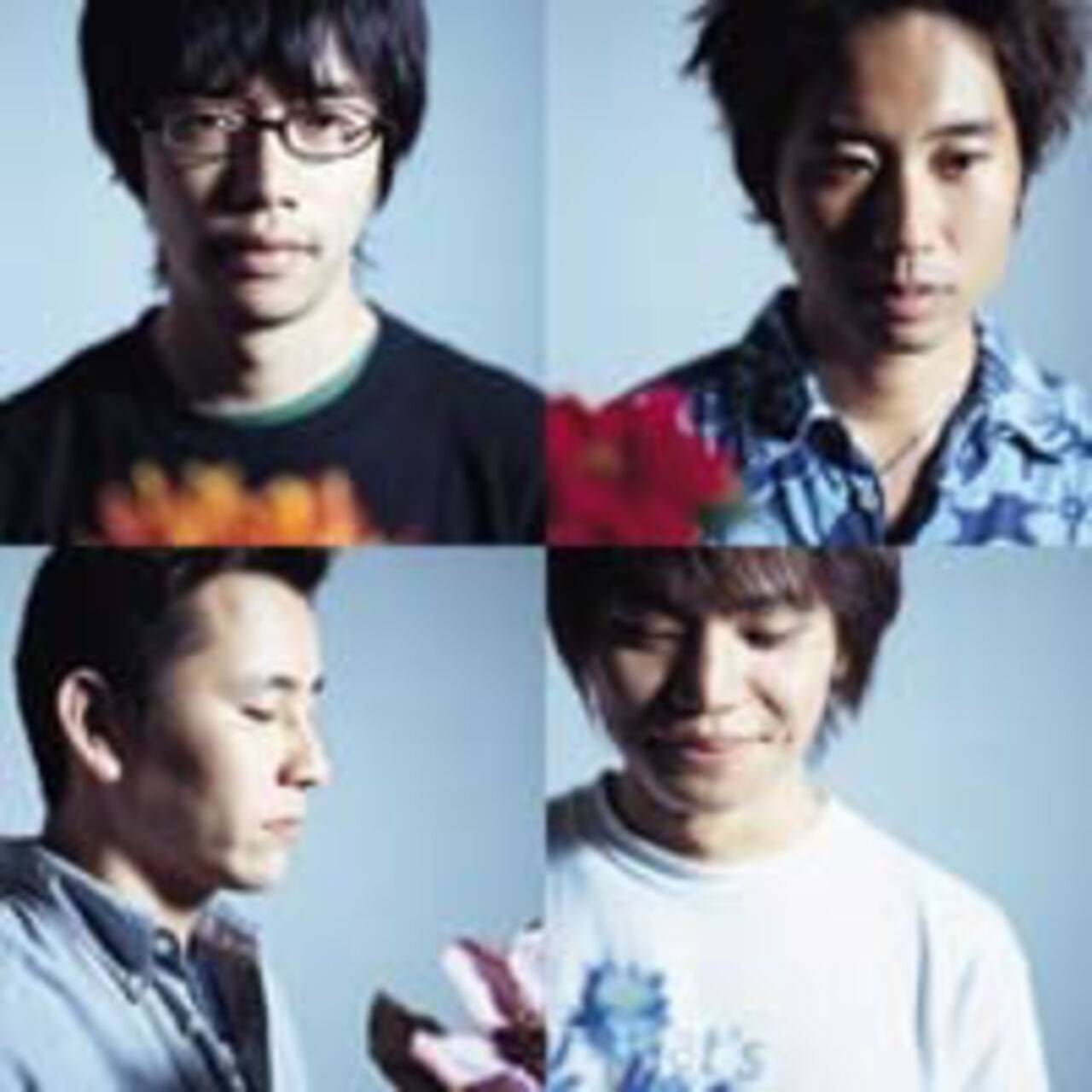
Asian Kung Fu Generation
Biography
Masafumi Gotoh : Song & Guitare Kensuke Kita : Guitar & Chant Takahiro Yamada : Bass & Chant Kiyoshi Ijichi : Battery, Percussions, Piano
1996: Masafumi Gotoh, Kensuke Kita and Takahiro Yamada meet at their university music club in Yokohama, Japan. Kiyoshi Ijichi joined the same club and the band newly named Asian Kung-Fu Generation (Ajikan abbreviated version) shortly afterwards. The first years are dedicated to writing songs sung in English that will appear on the self-produced EP The Time Past and I Couldn't See You Again. A second self-produced EP introducing songs in Japanese was released the following year: I'm Standing Here . The title "Honayuki" is broadcast on a few local and regional stations, allowing them to be present on compilations and to shoot all over Japan.
On leaving in 2002 Hukai Amplifier , another EP that stands at the top of the Japanese indie charts (and marks the beginning of their collaboration with the artist Yusuke Nakamura who will perform the artwork of all their subsequent releases), they end up attracting the attention of a label (Kyuun Records that reissues Hukai Amplifier ) and finally Sony Music Japan. The song "Haruka Kanata" is used as the number 2 opening piece of the popular anime Naruto , which opens international doors to them.
The first album Kimi Tsunagi Five M was released in 5th place on the Oricon top (Japanese charts) and the quartet sold more than 250,000 copies. At the beginning of 2004, national tours were held at closed windows and they won their first "trophee" for the video of "Kimi to Iu Hana". The single "Rewrite" appears as the number 4 opening piece of the anime (also very popular) Fullmetal Alchemist, increasing their popularity in Japan and abroad. In 2004 they also organized the first edition of their own festival, the Nano Mugen festival, which allowed other artists to make themselves known.
The same year, their second opus Sol-Fa is in the bins, it will remain for 2 weeks in the first place of the Oricon top and more than 700,000 copies will be sold. Right after appeared the DVD Eizosakuhinsyuu ikkann , presenting the combo clips. It is followed the following year by the second DVD, live this time.
2005 is the year of "Re:Re" tours (48 dates in Japan) and participation in the biggest Japanese rock festivals. For the band's 10th anniversary, AKFG released its third full length album entitled Fan Club in March 2006. At the end of April, a new national tour of about 40 dates began. In July they publish the compilation of the travelling festival that he organizes: Nano Mugen Compilation 2006 , presenting titles of the actors of the event.
On October 25th, a 16-track CD/DVD featuring B (9) faces and live (5) and 2 unreleased titles will be released on Japan Feedbackfile. They are also preparing to launch on November 29 a single entitled "Aru Machi no Gonjou" which will serve as the main song (theme song) for the animated film Tekkon Kinkreet (in Japanese theaters on December 23). In 2007, after the release of a third volume of the Eizō Sakuhinshū , the band gradually distanced itself from the stage and made only a few appearances, going so far as not to organise their annual Nano Mugen Festival. They will still focus on writing an opus, World World World, which appeared in March 2008, followed in June by an EP of WWW falls, Mada Minu Ashita neither. Without too much promo, the quartet becoming more and more discreet, the cake climbs without difficulty at the head of the Oricon charts. That same year, they opened for Third Eye Blind and Weezer in Japan before making a fifth album by Sony: Surf Bungaku Kamakura. After two new DVDs (and a first Blu-Ray edition), they embark on a summer tour with a brass section and other musicians. Continuing on their cruise rhythm, they released in June 2010 a new production: Magic Disk.
Discography
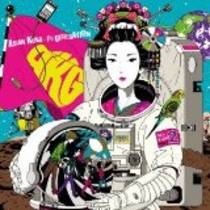
Landmark
2012
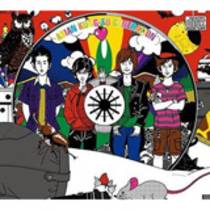
Magic Disk
2010
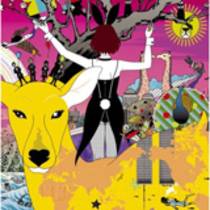
World World World
2008
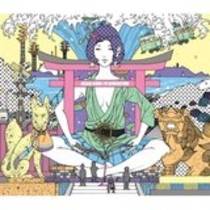
Surf Bungaku Kamakura
2008
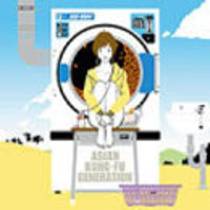
Feedbackfile
2006
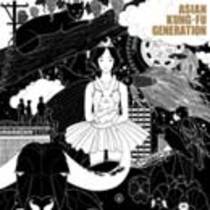
Fan Club
2006
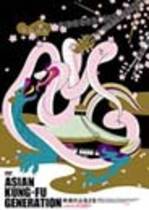
Eizou sakuhinshuu nikan
2005
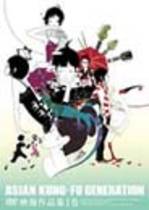
Eizosakuhinsyuu ikkann
2004
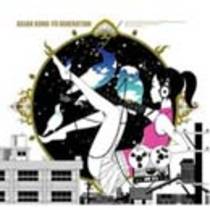
Sol-Fa
2004
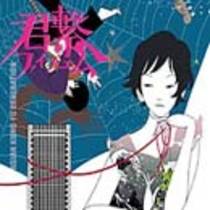
Kimi Tsunagi Five M
2003
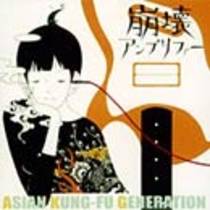
Houkai Amplifier
2003

